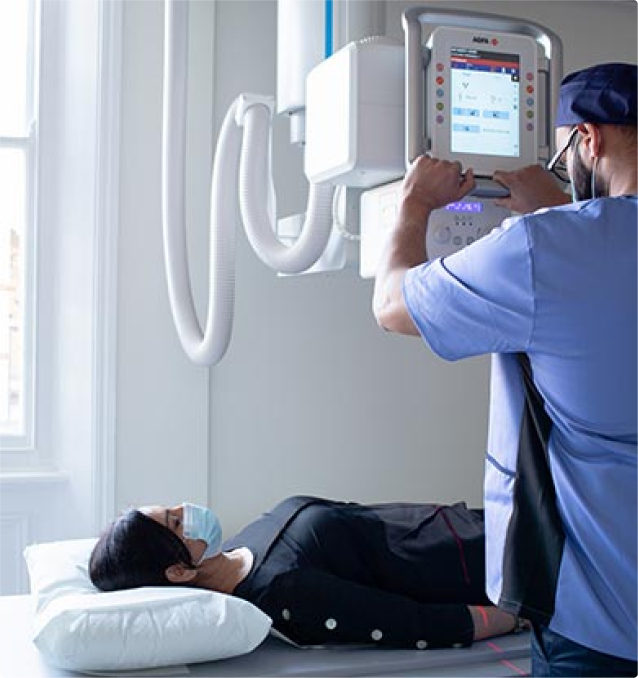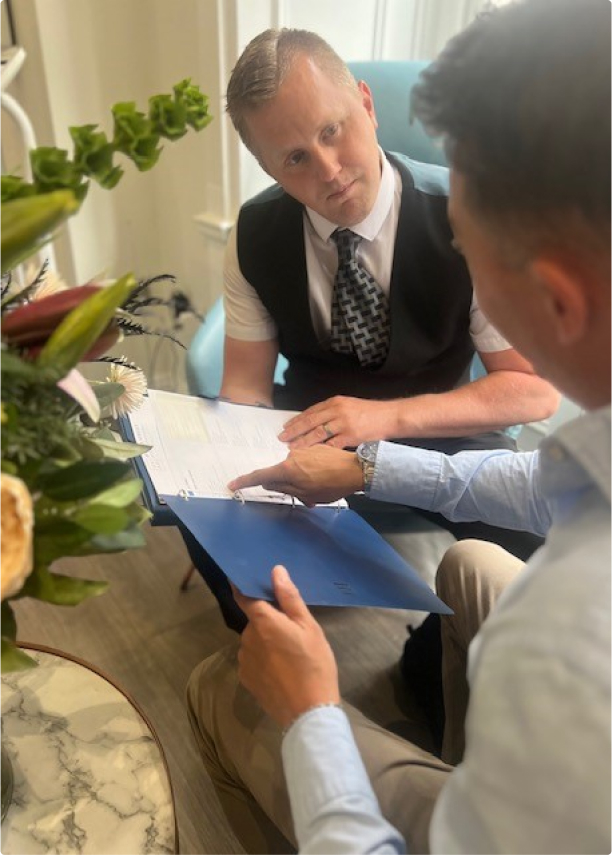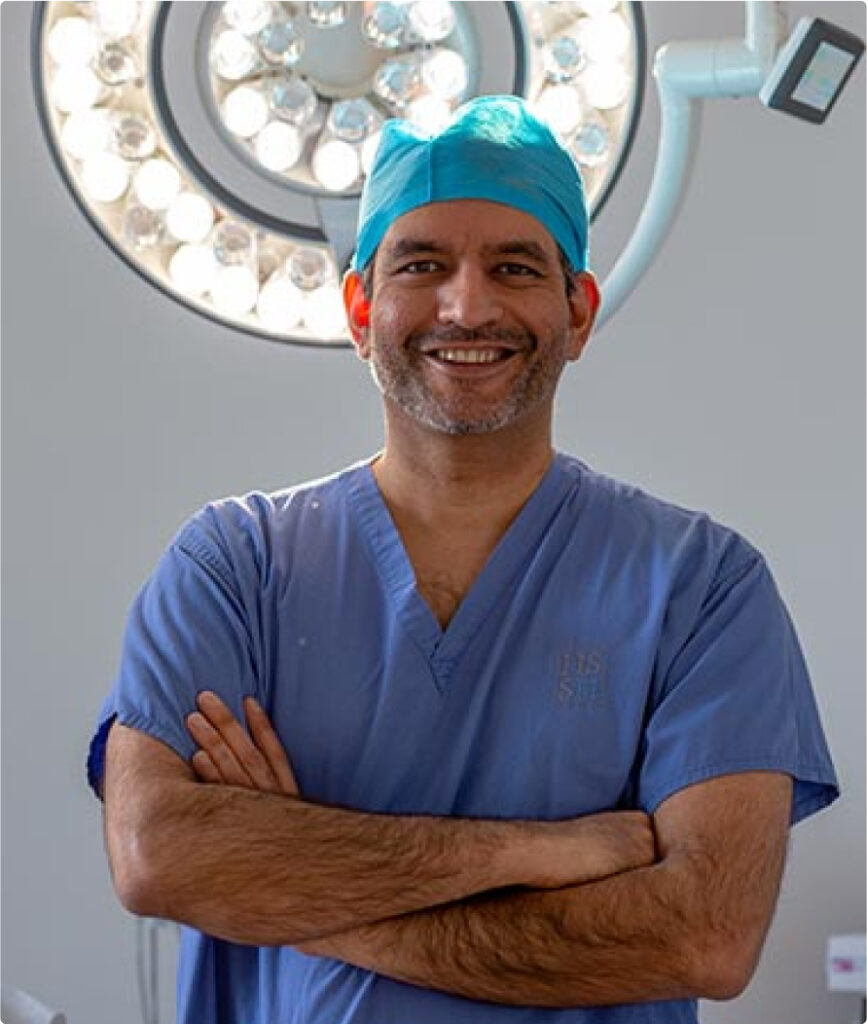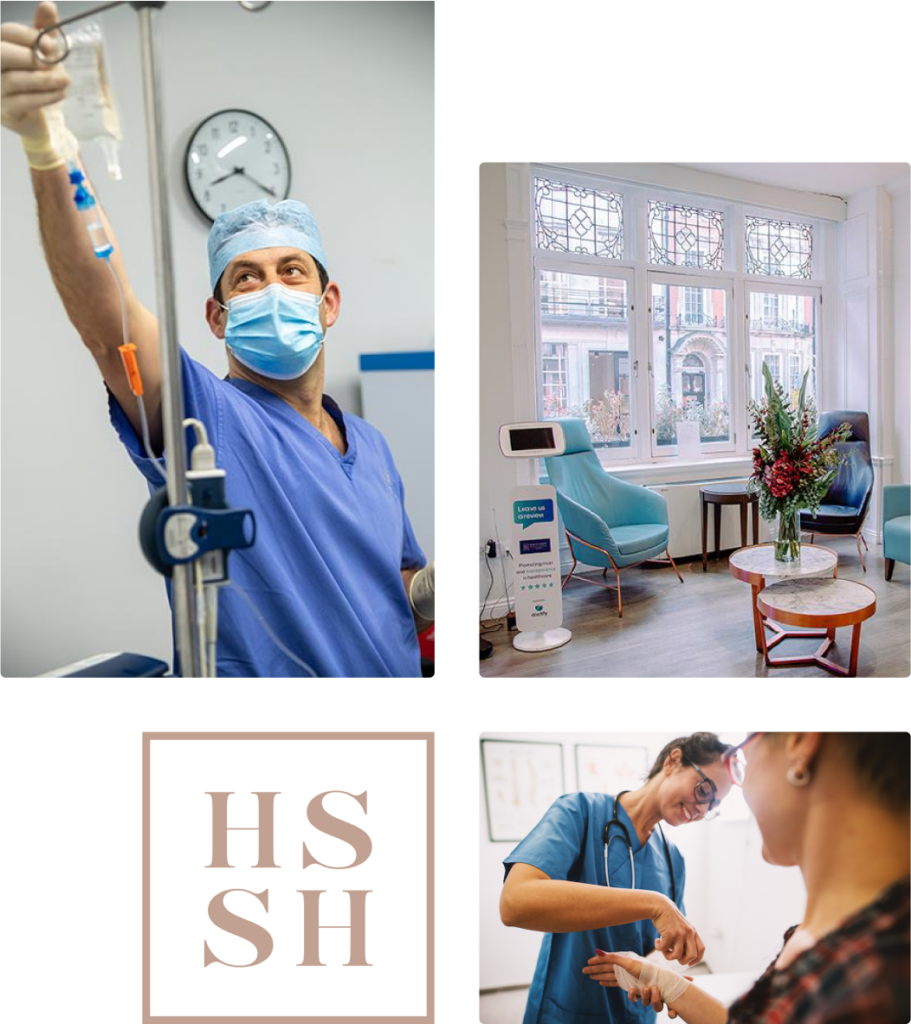Award winning Specialist
Orthognathic Surgery London

Orthognathic surgery is a safe and effective procedure that repositions protruding or recessed jaws. Also known as jaw alignment surgery, it can correct your bite, help you breathe easier, and significantly improve your facial symmetry. Learn more about the many physical and psychological benefits of this intervention. Discover the unique blend of surgical excellence and compassionate care we take pride in here at the Harley Street Specialist Hospital.



























